Cashless payments ‘help stop spread’ of coronavirus
As South Korea and China burn and disinfect currency, Australian health experts urge a shift towards cashless payments.

Public health experts are raising the need to shift towards cashless payments to help prevent the spread of coronavirus, as the World Health Organisation warns the virus can be transmitted to customers via banknotes and coins.
The calls come as South Korea and China begin burning and disinfecting currency en masse, with world-famous tourist attractions, including the Louvre in Paris, announcing they will no longer accept cash payments.
Authorities are particularly concerned about the risk of transmission from handling cash before purchasing a meal, with one prominent microbiology professor warning that employees handling cash in catering or food businesses had the potential to be “super spreaders” of the coronavirus.
“Clearly, as the COVID-19 situation evolves, things we take for granted will be re-examined,” Australian Medical Association president Tony Bartone told The Australian.
He acknowledged the risk of coronavirus spreading via cash, and said cashless technology carried less risk: “Cashless options would potentially reduce the extent of possible transmission.”
However, Dr Bartone noted businesses were not fully prepared for Australians to “live in a cashless society” and any official moves to ban cash would “penalise poorer and older people” who don’t have access to cashless technology.
University of NSW microbiology professor Peter White echoed the AMA chief’s assessment about the risk posed by cash transactions, warning that enveloped RNA viruses, such as COVID-19, could remain infectious on objects including Australian polymer banknotes “from anywhere between six and 24 hours depending on the temperature and humidity”.
“The virus on the hands doesn’t last anywhere near as long as it does on cash. We’ve got an enzyme in our sweat that breaks the virus down. It definitely survives longer on inanimate objects like money,” Professor White said.
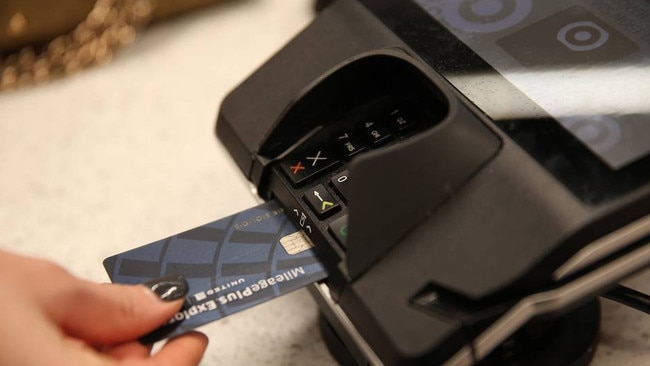
“If a person is infected, transactions involving cash will involve a potential fomite, or a contaminated object, passed from one person to another, with a secondary transfer if change is needed. Therefore, there are two potential transmission events.
“If I sneeze on my hand before using it to pick a $20 note from my wallet to give to a catering worker to pay for my burger, when that $20 is given as change to the next customer there’s a transmission risk. It’s absolutely crucial that catering employees, when dealing with customers and cash, sanitise their hands because they have the potential to be super spreaders.
“Cashless operations for them are safer.”
Professor White said a shift towards cashless payments during the outbreak of the coronavirus in Australia would be “much safer” because “no one touching anything is a good thing”.
“Contactless payment is much safer because you’re not introducing a fomite,” he said.
“If there’s no handling of cash, if you’re just holding your phone or card against the machine, that is much safer. There’s less chance of transmission because there’s no contact.”
Local warnings about the risk cash poses come after the WHO told several media outlets everyone “should wash their hands or use a hand sanitiser after handling money, especially if they are about to eat or before handling food”.
South Korea’s central bank, the Bank of Korea, announced it was putting currency notes through a high-heat “laundering” process, a move that put it in line with Chinese banks that have been disinfecting and removing banknotes from circulation for two weeks.
Banks are also understood to be assessing requirements for incinerating currency.
An Australian Treasury spokeswoman told The Australian the department will continue to review the COVID-19 economic impacts, and that it was liaising with other departments and states.
“Methods of payment such as banknotes, coins, credit cards and mobile phone payment, like any other surface can carry bacteria or viruses,” she said.
“We advise practicing good hygiene and following the advice from the Department of Health.”
A Department of Health spokesman told The Australian it was not recommending Treasury disinfect currency because it deemed it as low risk.
“People with suspected or confirmed COVID-19, and those who have travelled from countries with the highest risk, must be in isolation and should not perform transactions in person,” he said.
“Contactless payments address the theoretical risk of transmission through a person who is unknowingly infectious transferring the virus to their hands as they are about to hand the money over.”


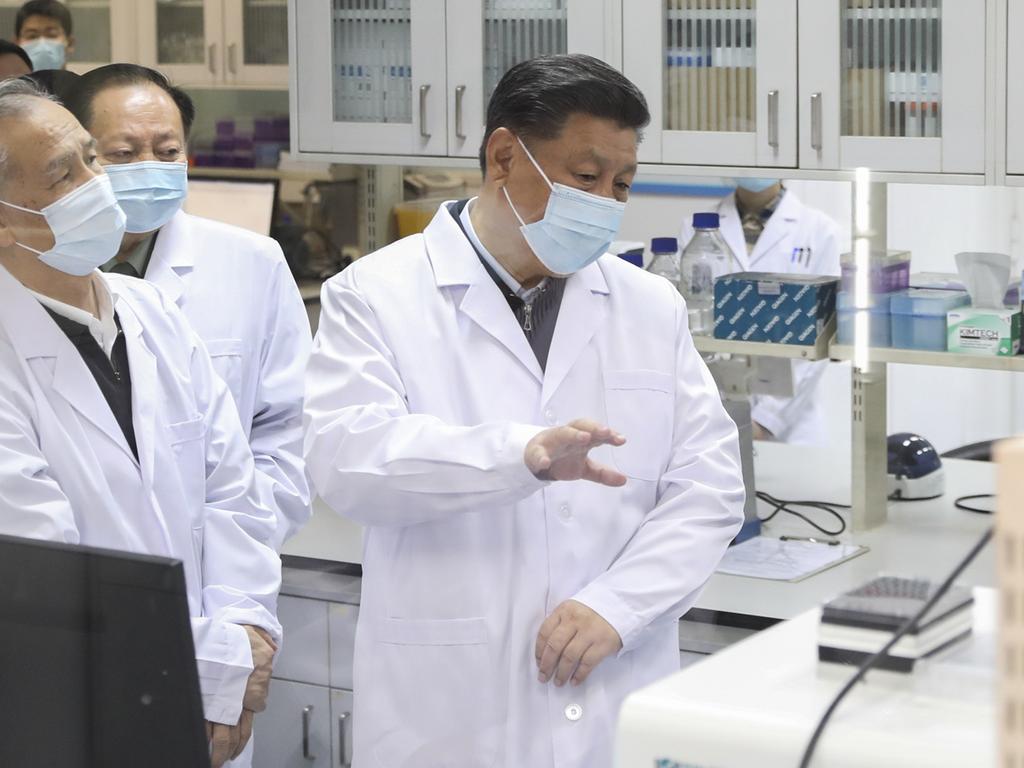
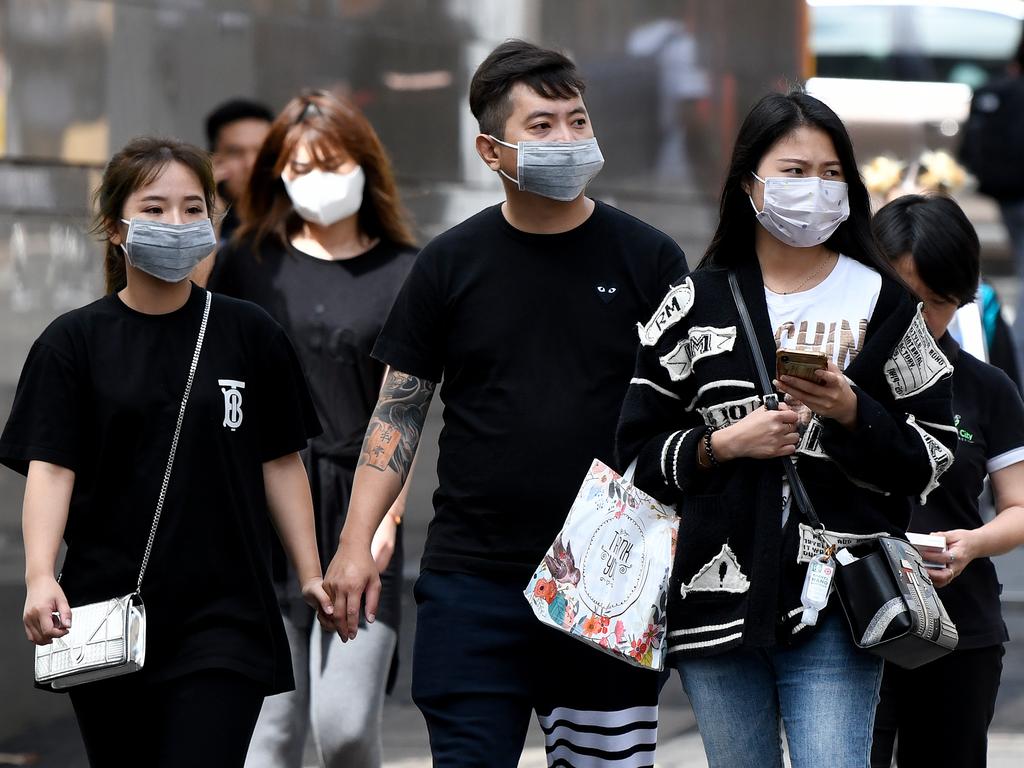
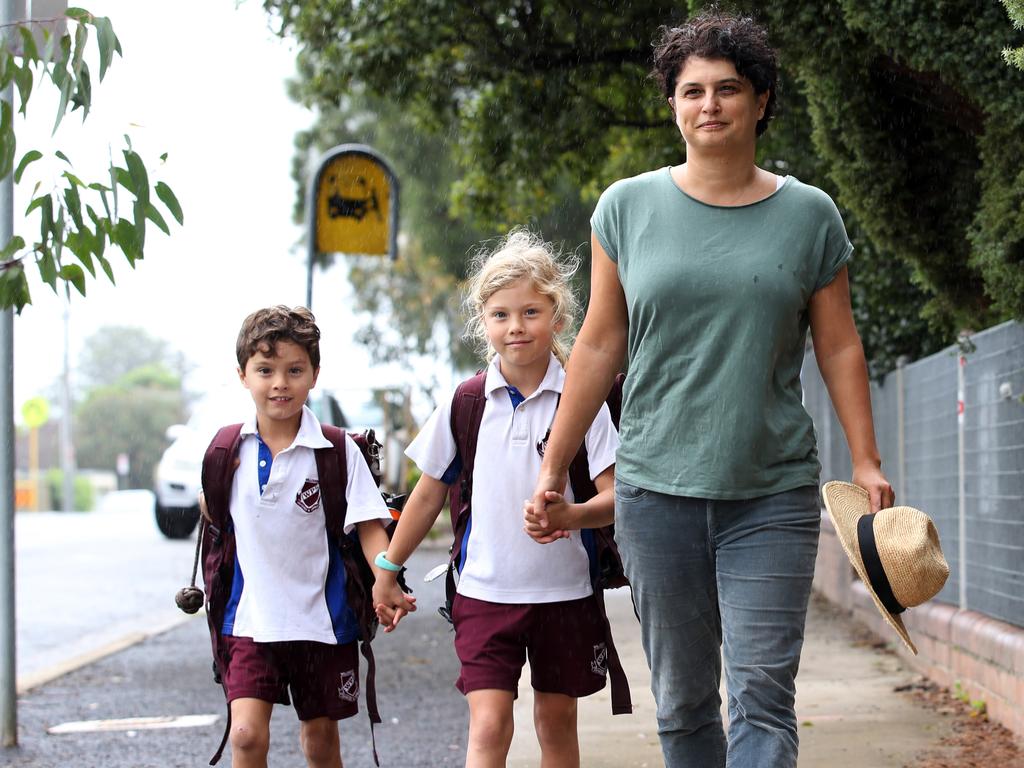
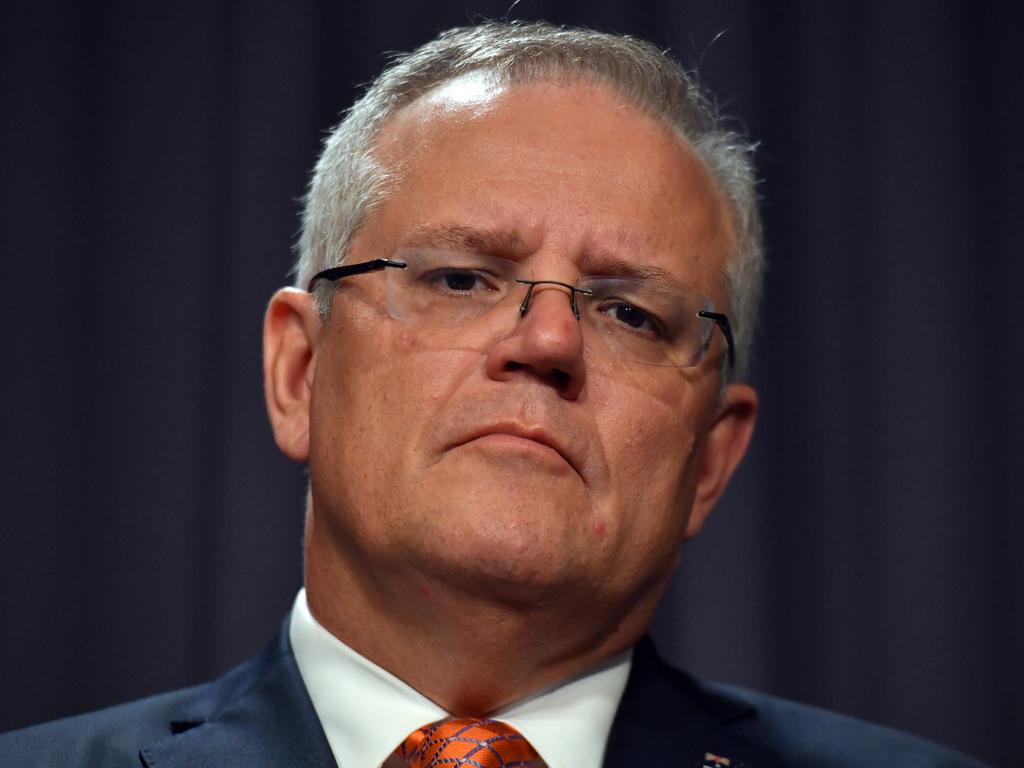


To join the conversation, please log in. Don't have an account? Register
Join the conversation, you are commenting as Logout